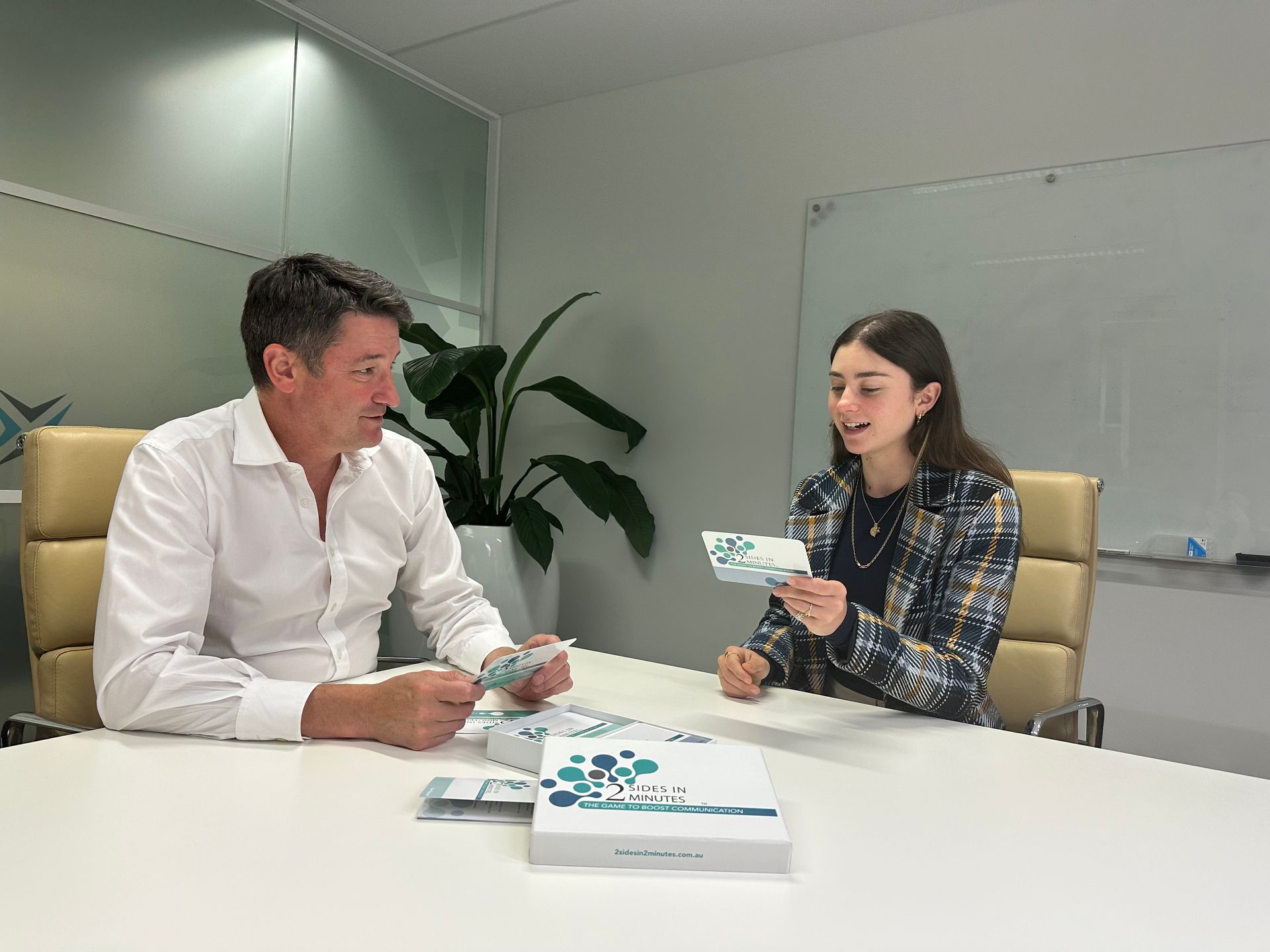Trending Blogs


Canvas LMS webinar discussing the ‘State of Higher Education’ in Australia

Having worked across a number of Learning Management System (LMS) implementations recently, I was excited this week to attend the Canvas LMS webinar discussing the ‘State of Higher Education’ in Australia. Insights from Instructure’s Global Study into Student Success and Engagement were shared, and how we can learn from these statistics to move forward in the age of digital education.
Focusing on education for Project Resource Partners, I have noticed many universities in Australia are transforming their LMS capability, including a number to Canvas.
Given this, I was intrigued to hear the results of the study and understand their impact moving forward, particularly when student numbers are lower post-covid, and student engagement is of all-time importance to enroll and retain students.
My insights to consider for the future of digital education, and how it impacts the hiring market moving forward were:
1. Upskilling educators in their new systems is of increasing importance
With a number of new systems and tools being brought on to increase the efficiency and capability of online education for students, it’s important to keep in mind that staff need to be provided with the resources to understand the systems and make use of them effectively. In the past year, technology training has increased from 43% to 67% of universities, providing staff with the opportunity to keep up with digital growth.
2. Consider an ongoing LMS support team post-implementation
Whilst many organisations may have specialist LMS project teams for implementation, staff and students will seek ongoing support as they understand their new systems in greater detail. Over time faculty staff will have more complex questions around the capabilities of the platform and learning design options. This will require technical support from teams who understand the complexities of the LMS.
3. Improvements to accessibility equals higher student engagement
With the increase of technology use in education, accessibility needs to be considered to allow all students to engage with content and learning effectively. Instructure’s research suggests educators are already acting on this, with 22% more institutions providing professional development in the diversity, equity and inclusion space. Various LMS systems offer accessible add-ons such as closed captions, formatting options and text to speech functionality, and having staff who understand how to implement these across courses is vital to increase your target market.
4. Increase the student adoption rate of new technologies
Learning management systems at the university level are vastly different to what students are used to at the end of their high school experience. Providing education around how to effectively use the systems and tools provided can significantly increase student engagement. This will lead to higher academic results and a positive student experience.
If you’re working across or considering a transformation, such as an LMS implementation, and would like to discuss what is happening in the education market, feel free to reach out to me for a conversation.
Ella O’Connell
Recruitment Consultant
Project Resource Partners
Level 7, 360 Collins Street, Melbourne VIC 3000
M +61 406 611 833


